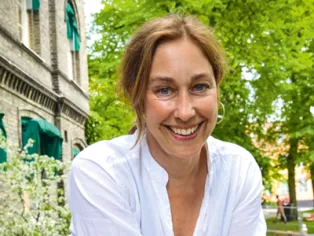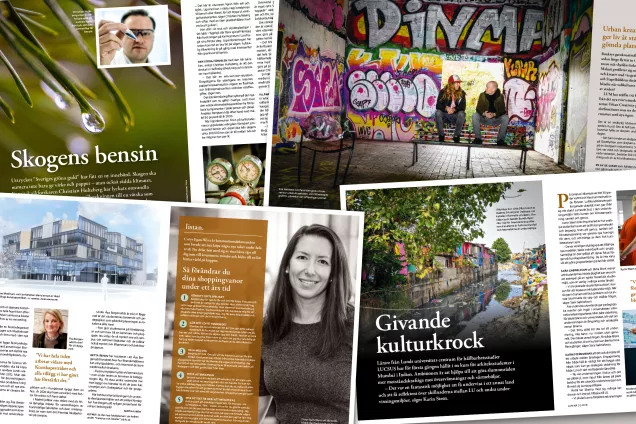The EU Commission is currently preparing the next framework programme for research and innovation, under its proposed title of Horizon Europe. Each framework programme has its own premises and its own terminology. The current Horizon 2020 programme uses the concept of “societal challenges” which has also been adopted by Vinnova and other national funding bodies. What has garnered most attention in the forthcoming framework programme is its orientation towards what are referred to as “missions”. This apparently minor change of terminology could have major consequences, as the national funding bodies usually follow in the EU Commission’s footsteps and we can expect the same approach to appear shortly among our Swedish funders.
As a research liaison officer, my task is to give advice to researchers and administrative support in their applications to EU framework programmes. In the transition from one framework programme to another, the great challenge is to understand, and be able to explain, how the new terminology and focus is to be made operational in research applications and projects. Horizon 2020, with its societal challenges, brought an increased focus on impact, and requirements for more interdisciplinary and intersectoral collaborations than before. Five years into Horizon 2020, we see that this development has not benefited Lund University researchers. So how does the new focus on “missions” suit a basic research-oriented higher education institution like Lund University? Will “missions” make it more difficult or easier for our full-scale University to bring home framework programme funding?
As I understand it, missions are research initiatives of a solution-oriented and forward-looking nature. They are to be ambitious but realistic; bold and inspiring with clear objectives that can be achieved with measurable results; they are to cut across disciplinary boundaries and sectors and be open to many different types of stakeholders. Above all, missions are to be comprehensible and perceived as urgent “citizen-centred research” is emphasised. Examples of missions that are highlighted are “A plastic litter-free Europe by 2030”, “Ensuring the survival of three out of four cancer patients by 2034”and “Producing steel with zero carbon in Europe by 2030”.
In my professional role, I naturally wonder what help the researchers will need with their applications to succeed under these new premises. Are they equipped to work in this way? Will they want to work like this and continue to apply for EU funding? Large amounts of research funding are still involved, which also bring a good reputation and important influence. At Research Services, we will study the new framework programme in order to communicate its content to researchers and faculties. But we also want to know what you researchers think about the new conditions in the framework programme, in which missions are a new phenomenon. What do you want to know more about? What do you need help with to succeed? We look forward to discussing this with you.
Sophie Hydén Picasso, research liaison officer at Research Services
A proposal for the overall structure and priorities of the EU’s forthcoming framework programme that will run from January 2021 to 2027 will be presented by the EU Commission in early June. It will be followed by a period of negotiation and a final programme will be presented during 2020.



